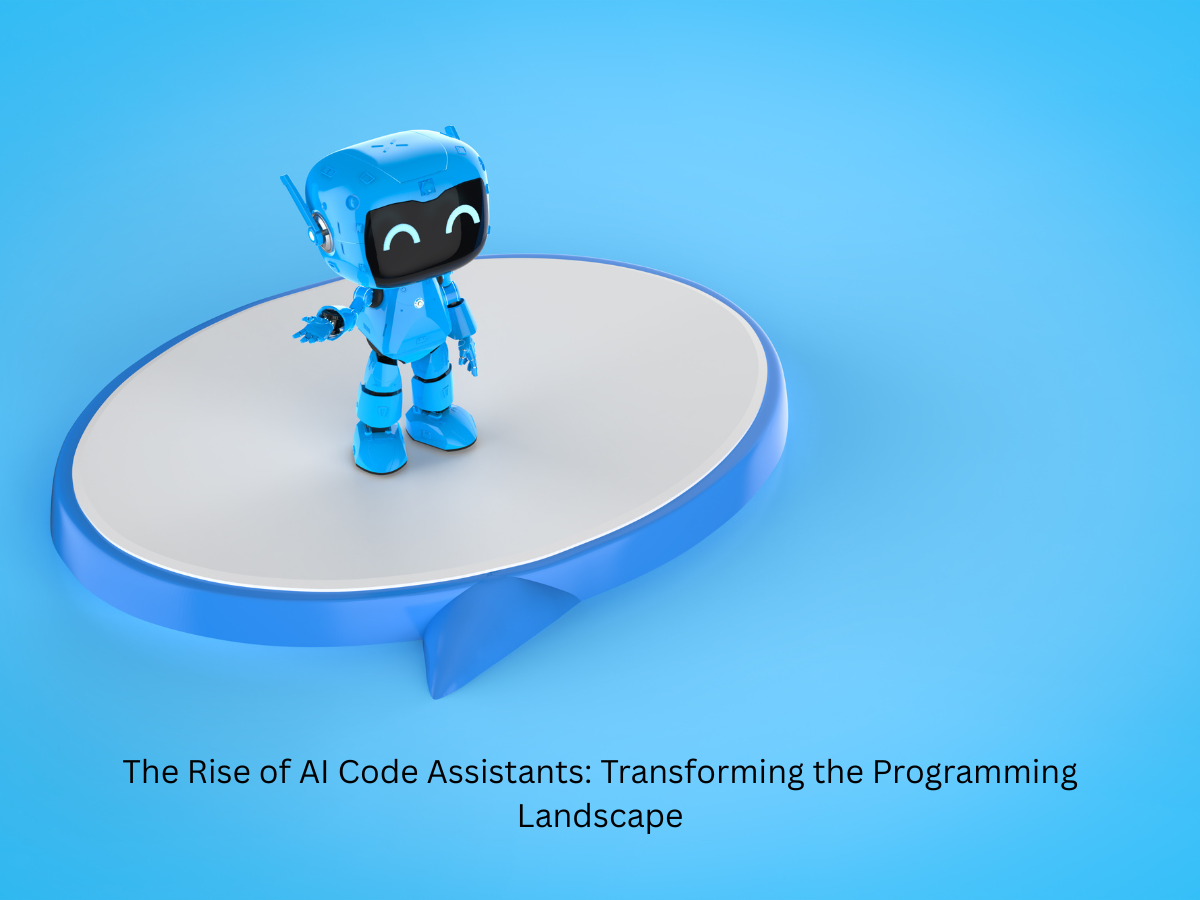In 2025, the integration of artificial intelligence into software development has reached unprecedented levels. Among the most significant advancement
In 2025, the integration of artificial intelligence into software development has reached unprecedented levels. Among the most significant advancements is the emergence of AI code assistants, tools that are revolutionizing the way developers write and manage code.
What Are AI Code Assistants?
AI code assistants are intelligent tools designed to aid developers by providing code suggestions, detecting errors, and even generating entire code blocks based on natural language prompts. Leveraging large language models and machine learning algorithms, these assistants can understand context, predict developers’ intentions, and offer real-time solutions.
Why Are They Gaining Popularity?
Several factors contribute to the growing adoption of AI code assistants:
Enhanced Productivity: By automating repetitive tasks and offering instant code suggestions, developers can focus on more complex aspects of software development.
Error Reduction: Real-time error detection and correction minimize bugs, leading to more robust and reliable applications.
Learning Support: For novice programmers, these tools serve as educational aids, offering insights into best practices and coding standards.
Leading AI Code Assistants in 2025
The market has seen a surge in AI code assistants, each offering unique features:
GitHub Copilot: Developed by GitHub in collaboration with OpenAI, Copilot suggests entire lines or blocks of code, adapting to the user’s coding style.
Codeium: Known for its speed and efficiency, Codeium offers multi-language support and integrates seamlessly with various development environments.
Tabnine: Utilizing deep learning models, Tabnine provides context-aware code completions, enhancing coding speed and accuracy.
Impact on the Software Development Industry
The integration of AI code assistants is reshaping the software development landscape:
Accelerated Development Cycles: Projects are completed faster due to increased efficiency.
Democratization of Coding: Individuals with limited coding experience can develop applications, fostering innovation.
Shift in Skill Requirements: Developers are now focusing more on problem-solving and design, as routine coding tasks become automated.
Challenges and Considerations
Despite their advantages, AI code assistants come with challenges:
Over-reliance: Dependence on AI suggestions may hinder the development of problem-solving skills.
Security Concerns: Automatically generated code may introduce vulnerabilities if not properly reviewed.
Intellectual Property Issues: The use of AI-generated code raises questions about code ownership and licensing.
The Future Outlook
As AI technology continues to evolve, we can anticipate more sophisticated code assistants capable of understanding complex project requirements and collaborating seamlessly with human developers. The synergy between human creativity and machine efficiency promises a new era of software development.
Embracing AI code assistants can lead to more efficient and innovative software solutions. However, it’s essential to use these tools judiciously, ensuring that human oversight and creativity remain at the forefront of development.


COMMENTS